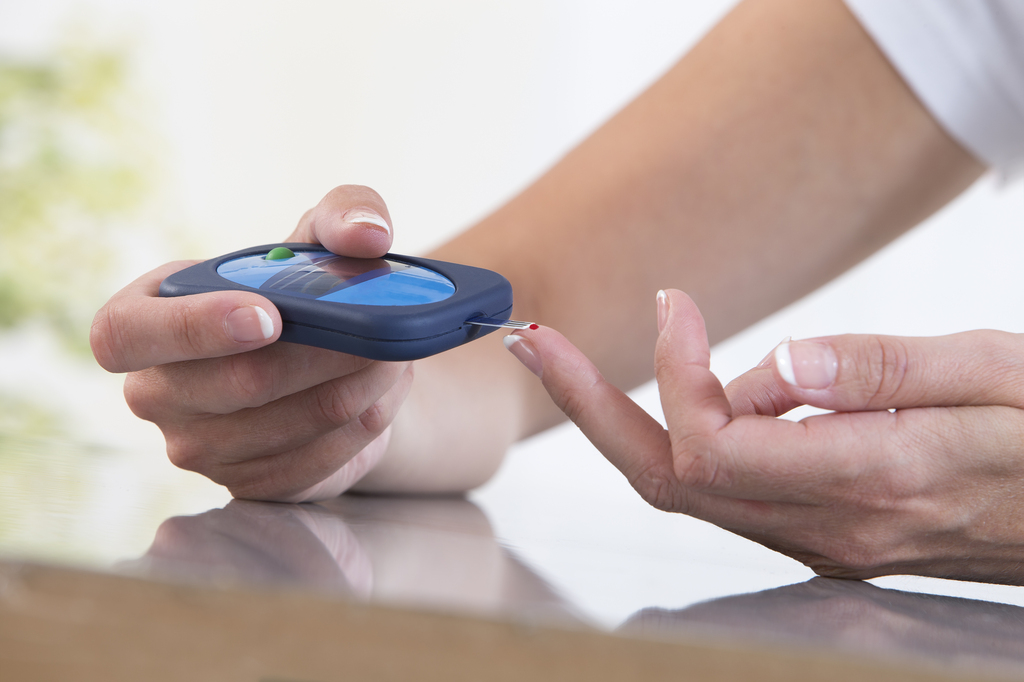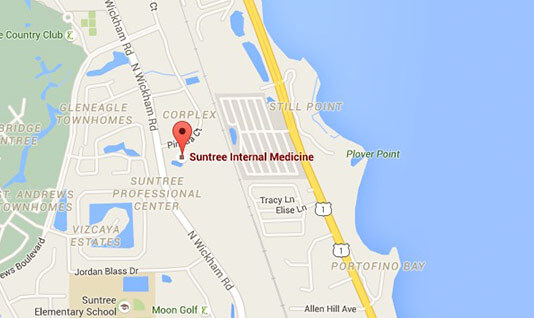14 Day Glucose Monitoring

Blood glucose monitoring for 14 days while maintaining your usual daily activities. Blood glucose testing is used to evaluate a person’s blood sugar and detect abnormalities such as hypoglycemia (low blood sugar). Hypoglycemia is usually a sign of diabetes, a very serious disease. Although uncommon, low blood sugar can still exist in individuals that do not have diabetes. It can be caused by certain medications, diseases that affect certain organs, problems caused by stomach surgery, drinking too much alcohol, or metabolism problems that may run in your family.
Mild symptoms of hypoglycemia can include nausea, trembling, jittery or nervous feelings, excessive sweating and/or cold, clammy, wet skin, a rapid heartbeat, extreme hunger, and tingling or numbness of the lips or fingertips. Symptoms of more moderate hypoglycemia can include fatigue, weakness or lack of energy, lethargy or drowsiness, poor coordination, blurred vision, headaches, dizziness, confusion or difficulty thinking and concentrating, mood changes, and difficulty walking and talking like staggering and slurred speech. Symptoms of severe hypoglycemia can include hypothermia (low body temperature), convulsions or seizures, loss of consciousness, or even coma.
A 72-hour blood glucose test may be necessary to determine the severity of your hypoglycemia and restore your proper blood sugar levels. Consistent treatment may be necessary to prevent future hypoglycemia.




